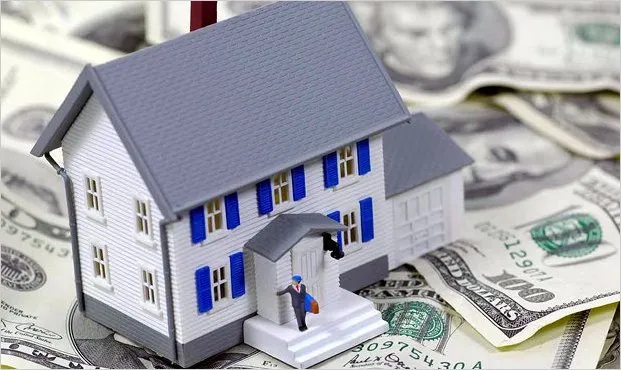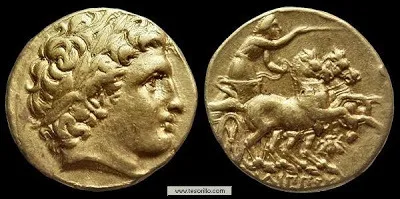Hello, this is the introduction to a series of posts that I am going to do about economics, in order to learn something new, both you and me. The whole source was taken from Gregory Mankiw's Principles of Economics book.
Accompanied by the writing I am going to put some images of my taste so as not to make the subject so tedious and to make it more bearable for newcomers in this area. Without further ado, let's go to the topic:

The Ten Principles of Economics
The word economy comes from the Greek oikonomos, which means “the one who administers
a house". At first this origin might seem peculiar, but in fact,
Houses and the economy have much in common.
In a house many decisions must be made: which tasks must be decided
they will be performed by each of its members and what they will receive in return. Who
kitchen? Who washes clothes? Who gets an extra dessert at dinner? Who decides
what will be seen on television? In sum, resources must be distributed in a house, which
They are scarce, among the different members according to their abilities, efforts and desires.
Like a house, society faces numerous decisions. A society
you must find a way to decide what jobs should be done and who will lead to
Perform these tasks. People who work the land are needed, others who make
clothing, others that design computer programs. Anyway, once they have been assigned
the various tasks to the individuals who will carry them out (as well as the earth, the
buildings and machines), the different goods and services that will be produced. It must be decided who eats caviar and who potatoes, who Drive a Ferrari and who takes the bus.
The management of society's resources is important because resources They are scarce. Shortage means that society has limited resources and, therefore, It cannot produce all the goods and services that people would like to have. Of
the same way that a member of the house cannot have everything he wants, the society cannot provide all its members with the maximum standard of living at that each one aspires to.
Economics is the study of how society manages its resources that are
scarce In most societies, resources are not allocated by a dictator.
omnipotent, but they are distributed through the joint actions of
Millions of homes and businesses. This is why economists study the way
in which people make their decisions, how much they work, what they buy, how much they save
and in what they invest their savings. Economists also study the way in
that people interrelate. They examine, for example, how a multitude of
Buyers and sellers of a particular good, decide at what price it sells
And in what quantity. Finally, economists also analyze the forces and
trends that affect the economy as a whole, including the growth of
average income, the portion of the population that does not find work and the rate at
That prices increase.

The study of economics has multiple facets, but is unified by
Several fundamental ideas. In the next post we will study the Ten principles of
economy and we ask lynx not to worry if you don't understand all the principles
in one fell swoop, or if they don't seem totally convincing. In the post
Subsequent these ideas will be analyzed in a deeper way. Here they are introduced
the ten principles of economics to offer a panoramic view of the object
study. This post should be considered as a breakthrough of the fascinating
knowledge that we will study.

Well that's all for today Bobcats, tomorrow I will be raising the first principle. I go up one per day with the intention of not giving them all at once and then do not remember anything. This way they will have more effective learning.
